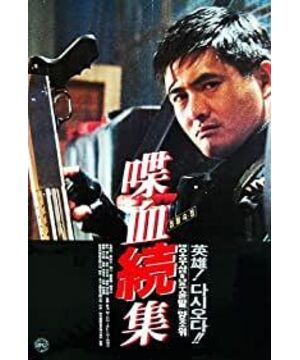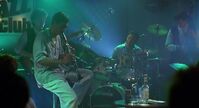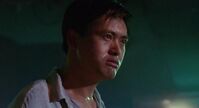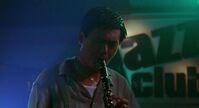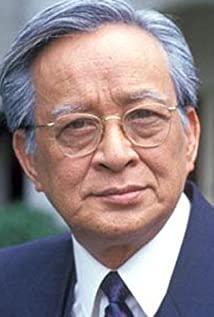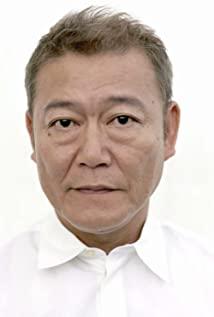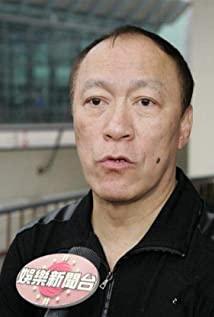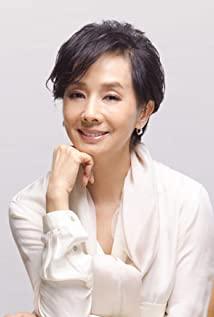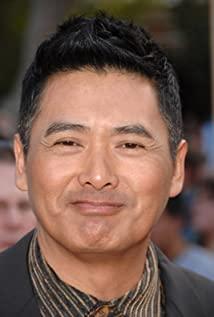One of the differences between Hong Kong films and mainland dramas is that in the police and bandit shootout films, the scale of the shootout is huge and more realistic, and there are many action scenes. In crime films, mainland dramas always put people's lives and interests first, and there are often plots in which criminals escape because of the protection of hostages; while Hong Kong films are straightforward, without these things that promote socialist democracy and the legal system, And you will find that there are very few hostage-taking plots in Hong Kong films. Maybe it's because of the lack of these, it seems real and unpretentious, and more people tend to prefer Hong Kong films.
(For socialism, some people say: There is nothing that Marxism cannot solve. If there is, it is not integrated with the reality of China?)
After reading it, I suddenly felt sad, you said why people get old, Tony Leung was really good-looking when he was young, and he was a spirited young man. Although he is quite handsome now, the traces of the years are still too obvious.
In addition, I take back what I said above, when One Eye repeatedly emphasized not to involve innocent people, I knew that Hong Kong films still had socialist core values.
It's a good film, with three perspectives, and the action scenes are in place and very real.
View more about Hard Boiled reviews


